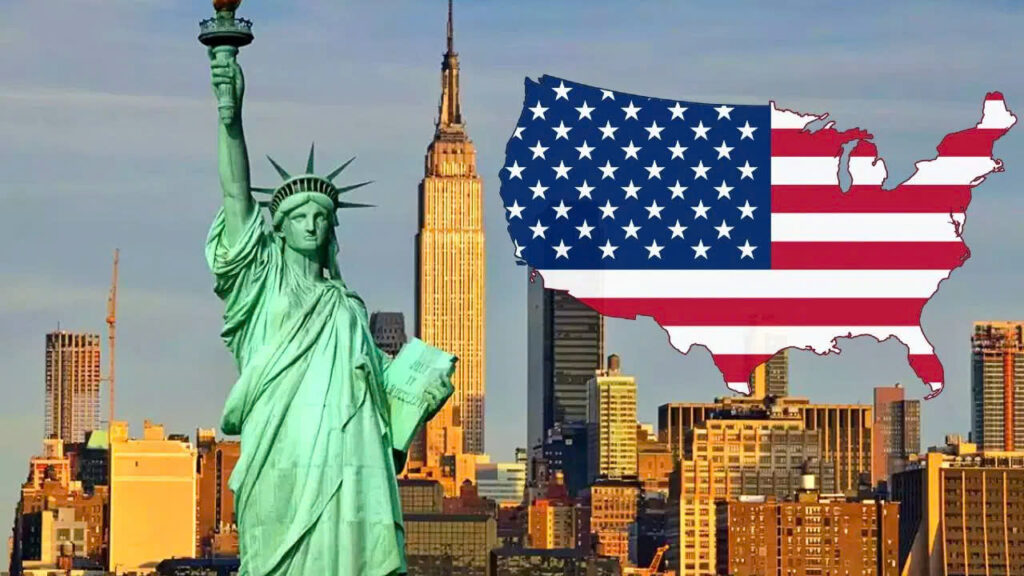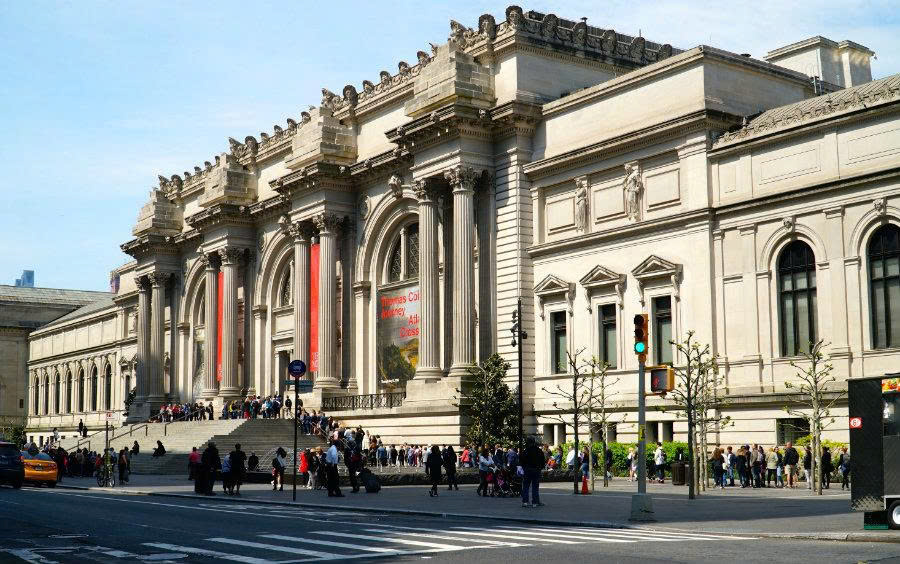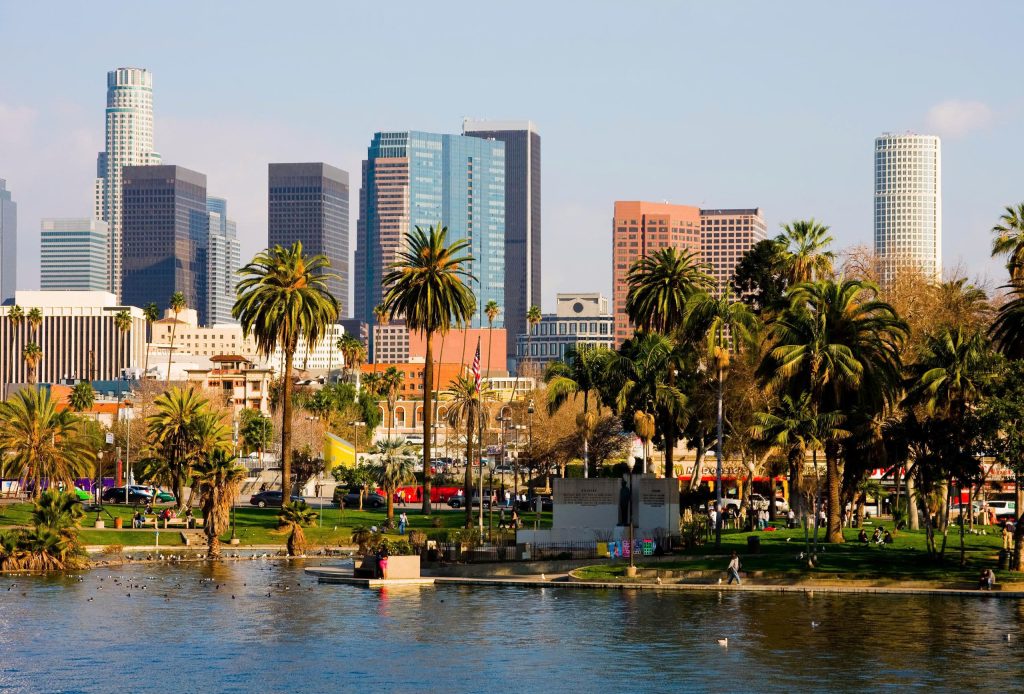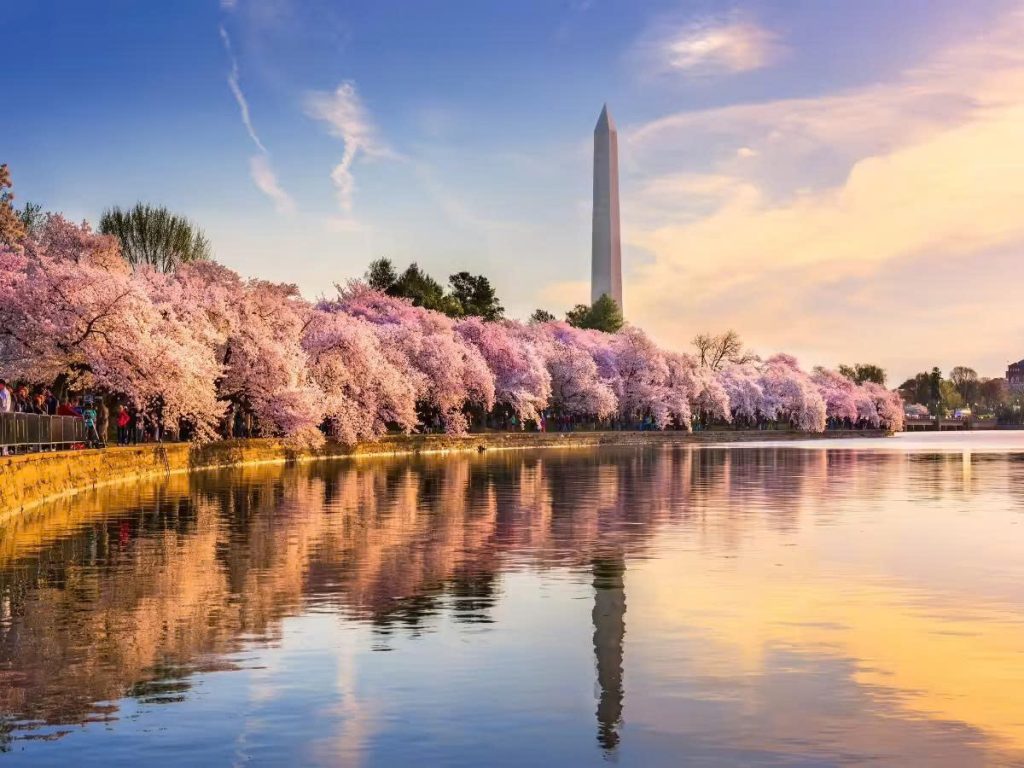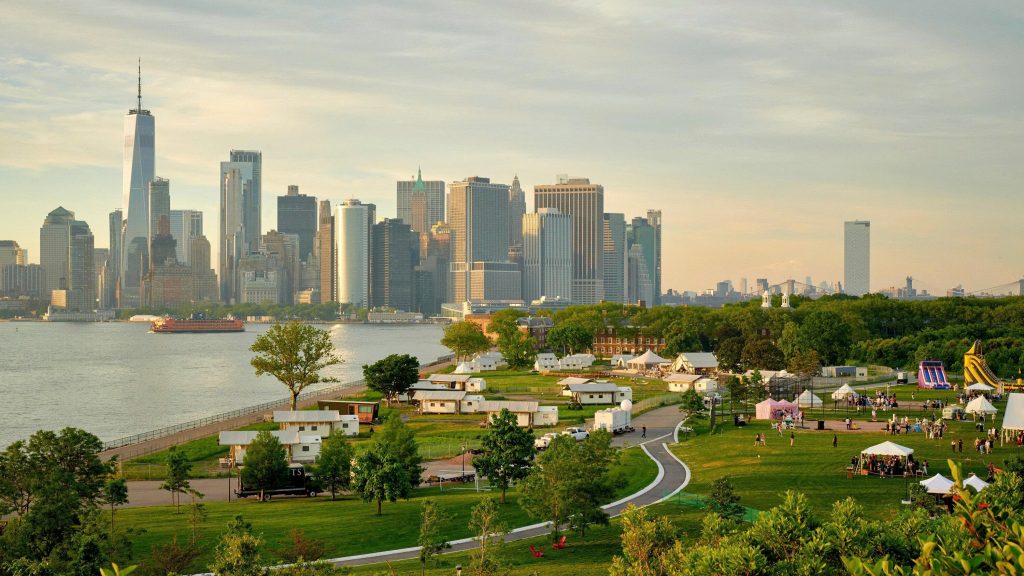American culture is a vibrant, ever-evolving tapestry woven from the threads of countless immigrant experiences. Often described as a “melting pot,” the United States is a land where traditions from around the globe have blended to create a unique and complex national identity. While movies and media offer a glimpse, truly understanding American culture requires a deeper look at its core values, social customs, and the regional differences that make it so diverse.
This article will take you on a journey through the heart of American society, exploring the principles that shape its people, the traditions that unite them, and the unwritten rules that govern daily life.
The Core Values: The Foundation of American Life
At the heart of American culture lie several fundamental values that guide the beliefs and behaviors of its people. These values, enshrined in historical documents and celebrated in popular media, are often seen as the pillars of the nation.
The American Dream

Perhaps the most famous concept associated with the U.S. is the American Dream: the belief that anyone, regardless of their background, can achieve success and upward mobility through hard work and determination. This idea, rooted in the nation’s history as a land of opportunity, inspires individuals to pursue education, start their own businesses, and build a better life for themselves and their families. It emphasizes personal ambition and the belief that effort leads to reward.
Individualism and Self-Reliance
Americans place a high value on individualism and personal independence. This can be seen in the emphasis on personal freedoms, self-reliance, and the pursuit of individual happiness. While community and family are important, there is a strong cultural expectation that individuals should be able to make their own decisions and stand on their own two feet. This focus on the individual helps explain the entrepreneurial spirit and the appreciation for personal space and privacy.
Freedom and Patriotism
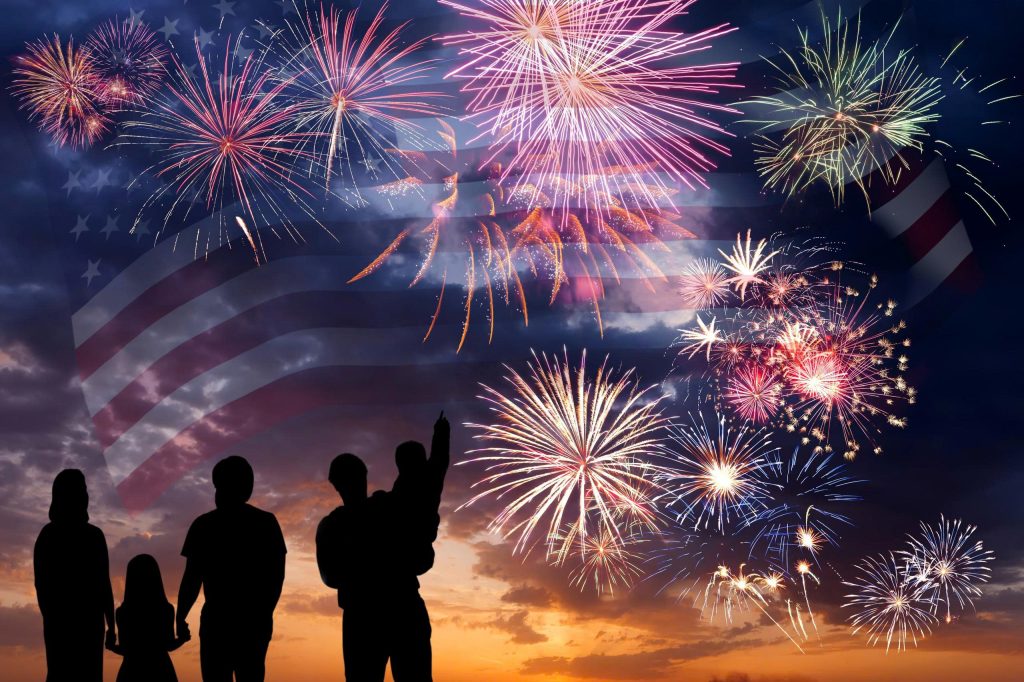
Concepts of freedom and liberty are central to American identity, stemming from the nation’s founding principles. This is reflected in the high regard for the U.S. Constitution and the Bill of Rights, which protect individual freedoms. Patriotism is a significant part of the culture, often expressed through visible symbols like the American flag, especially during national holidays like Independence Day.
The Fabric of Society: Key Traditions and Social Customs
Beyond core values, American culture is defined by its unique social practices and shared traditions. These customs are the glue that holds communities together and gives daily life its rhythm.
Holiday Celebrations

American holidays are a major part of the cultural calendar, often celebrated with food, family, and public festivities.
- Thanksgiving: A Harvest of Gratitude Held on the fourth Thursday of November, Thanksgiving is a cherished holiday focused on family and gratitude. It commemorates a harvest feast shared by early English colonists and the Wampanoag people. The centerpiece of the meal is typically a roasted Thanksgiving turkey, accompanied by side dishes like mashed potatoes, cranberry sauce, and pumpkin pie.
- The Fourth of July: A Celebration of Independence Known as Independence Day, this national holiday on July 4th celebrates the signing of the Declaration of Independence in 1776. Festivities include parades, backyard Barbecue (BBQ) parties, and spectacular fireworks displays across the country.
- Halloween: Fun, Spooky Traditions On October 31st, Halloween is a widely celebrated holiday. Children dress up in costumes and go “trick-or-treating” for candy. Adults also participate in costume parties and haunted house events.
The Role of Sports

Sports are deeply ingrained in American culture, serving as a powerful source of local and national identity. Baseball, often called “America’s pastime,” has a long and storied history. Football is arguably the most popular spectator sport, with the annual Super Bowl being one of the most-watched television events of the year. Basketball and Ice Hockey also hold significant places in the national consciousness.
The Art of “Small Talk”
“Small talk” is an essential social practice in America. It refers to a brief, casual conversation on light topics like the weather, a sports team, or weekend plans. It’s used to build rapport and fill silence in social situations with strangers, such as in an elevator or a checkout line. It is not an expectation to share personal or deep details but rather a way to show friendliness.
The Influence of Pop Culture and Media

American pop culture has a global reach, shaping perceptions of the country and influencing trends worldwide.
- Hollywood and Cinema The American film industry, centered in Hollywood, is a dominant force globally. Movies and TV shows are a powerful cultural export, from classic Westerns to modern-day blockbusters, shaping ideas about what it means to be American and influencing fashion, language, and behavior.
- Music: America’s Soundtrack American music has created and popularized genres that have transformed the world. From the soulful sounds of Jazz and the storytelling of Country music to the rebellious spirit of Rock and Roll and the intricate rhymes of Hip-hop, music is a core expression of cultural identity and creativity.
Regional Differences: A Nation of Subcultures
The sheer size of the United States means that “American culture” is not monolithic. Each region has its own distinct traditions, dialects, and social norms.
- East Coast vs. West Coast The East Coast, particularly in major cities like New York, is often seen as fast-paced and more direct. People are often in a hurry and value efficiency. The West Coast, with cities like Los Angeles and San Francisco, is often perceived as more laid-back, health-conscious, and innovative, with a focus on a more relaxed lifestyle.
- The Unique Charm of the South The American South is known for its hospitality, slower pace of life, and strong sense of tradition. Key cultural touchstones include Southern BBQ, a rich history rooted in the Civil War, and a distinct dialect and etiquette.
RELATED: Best Time to Visit the US: The Ultimate Guide
American culture is a dynamic and fascinating mosaic of values, traditions, and practices. From the aspirational American Dream to the simple act of “small talk,” its unique elements have shaped a society that is constantly evolving. Understanding these traditions—and the regional differences that give each state its own flavor—is the key to truly appreciating the depth and complexity of the American way of life. It’s a culture of innovation, hard work, and, above all, an incredible diversity that invites you to be a part of its ongoing story.

